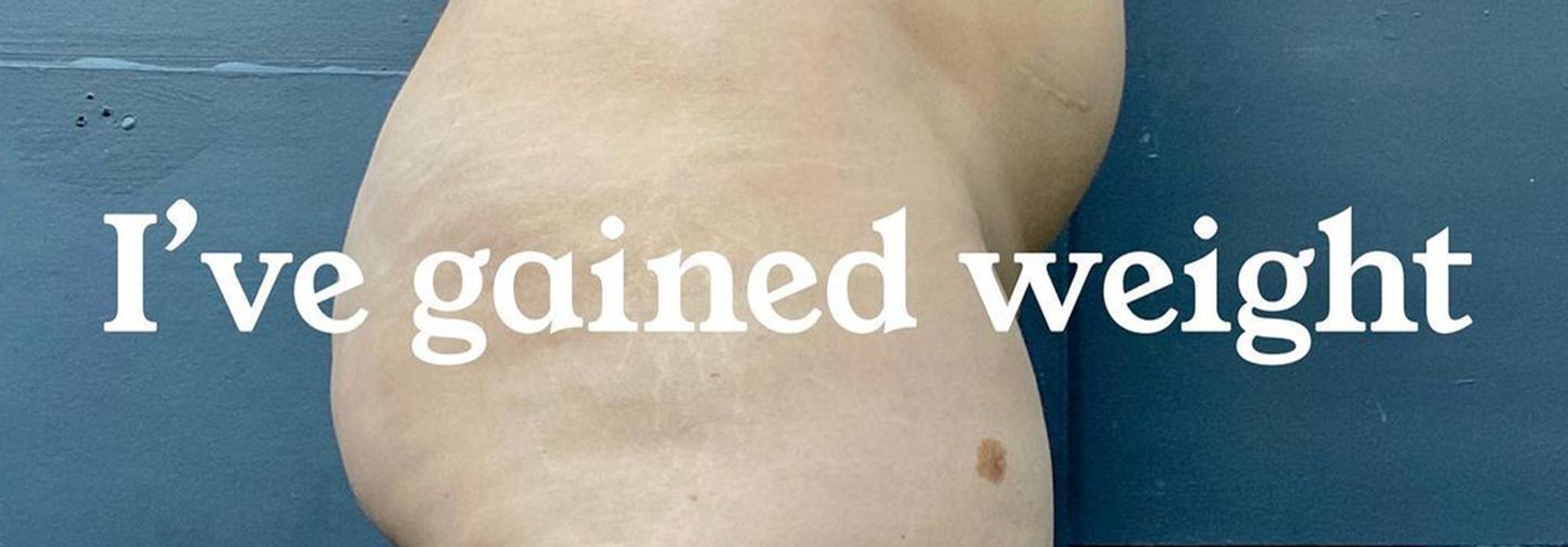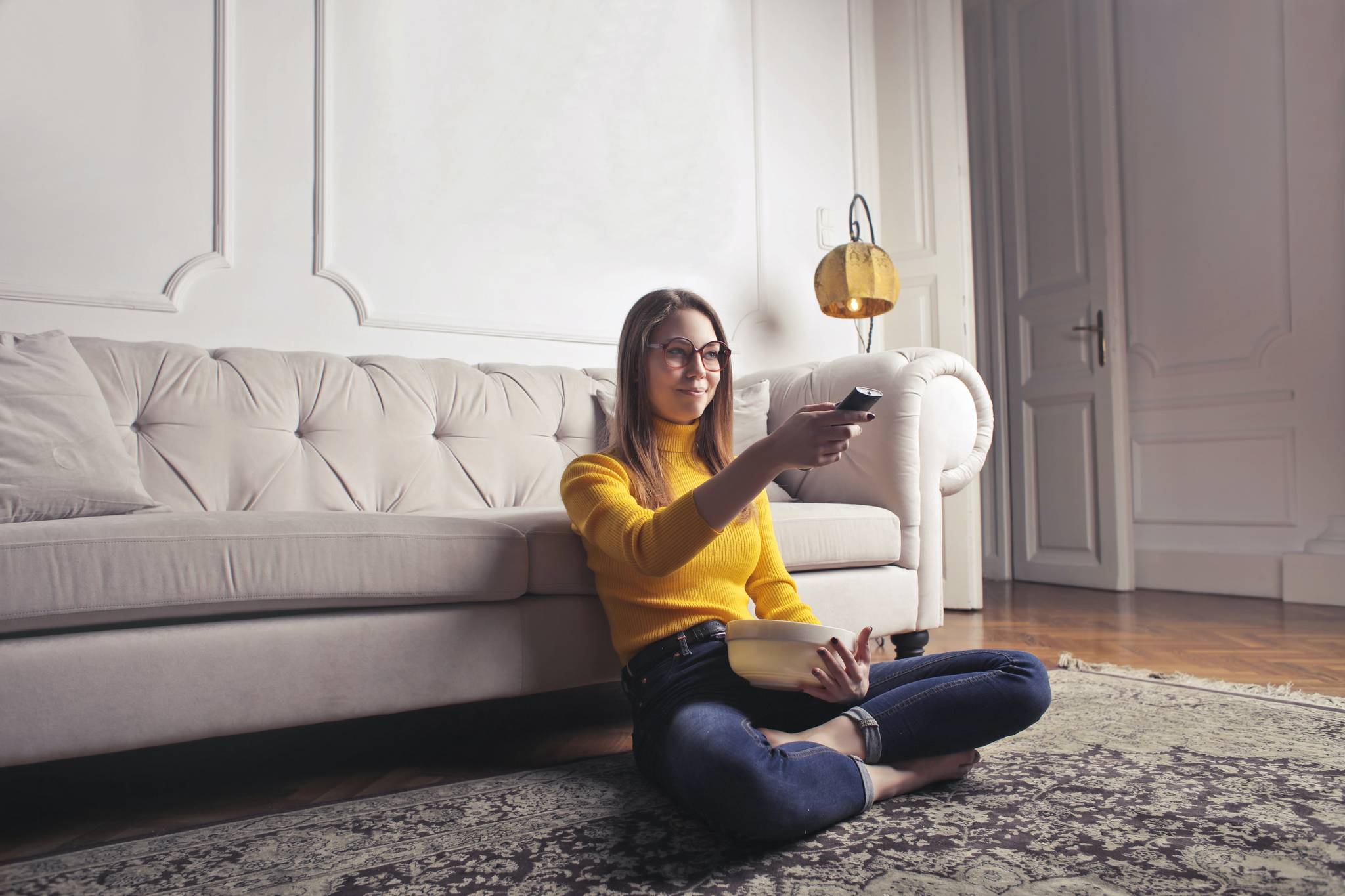
As animated worlds begin to better reflect the diversity of people's different lived experiences, authentic character portrayals that challenge stereotypes and defy cultural norms are winning favour with audiences that want to see themselves and the realities they face reflected on-screen.
Disney’s short film Reflect features its first-ever plus-size heroine, a ballet dancer who struggles with body image issues and overcoming insecurities about her appearance. The film, part of Disney’s Short Circuit experimental series, explores themes of body dysmorphia, image and low self-esteem, and uses an animated world to highlight how people can overcome their own personal issues and feeling of self-doubt.
In the UK, 89% of Britons say that physical appearance matters in today’s society and 62% think that the media is promoting unattainable body image expectations across the gender spectrum. Over half of Britons (51%) report feeling pressured to have a certain body type, with nine in ten believing that those who are perceived to be more attractive are treated more favourably.
As 21% of teens indicate that they want to see 'real-life issues that impact society' feature across the content they watch, more nuanced and realistic forms of representation in the media as well as challenging stereotypical narratives can help younger generations to overcome obstacles they face in a way that feels relatable and true to them.



